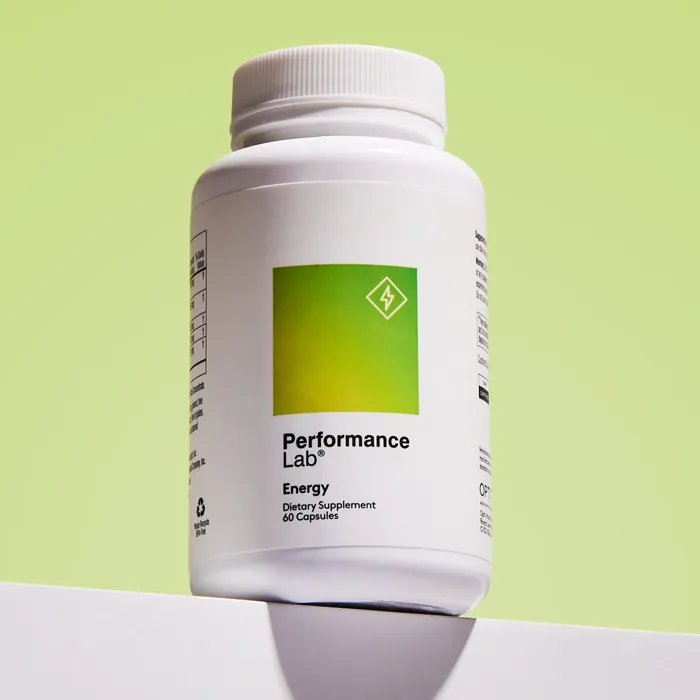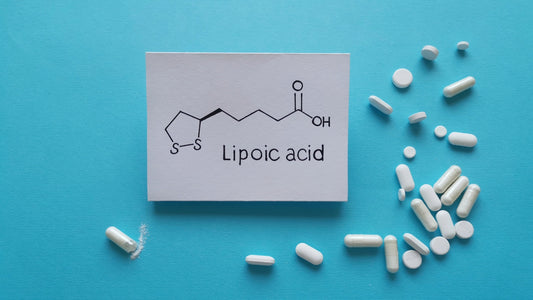Having a good supplement stack is one of the best things you can do to boost up a clean diet and overall healthy lifestyle.
Still, depending on your current health status and the specific supplements you’re taking, you may not be absorbing as much or getting as many benefits as you think you are.
That’s why when you look at supplements, sometimes you’ll see a little something added to them.
In most cases, it’s a compound that helps to enhance absorption of the specific compound for the body to actually be able to utilize it. For many nutrients, absorption isn’t an issue, but for others, it can be.
Long story short, when you’re taking a supplement like curcumin or a protein powder, you want them to be bioavailable so your body can actually use them. Otherwise, you may as well just flush your money down the toilet.
With some supplements, it’s the form that dictates bioavailability, whereas with others, it’s what they’re paired with.
Black pepper extract, specifically a compound isolated from black pepper, is a common additive to many natural supplements that enhances absorption and the subsequent benefits.
With that said, let’s dive into everything you need to know about piperine—the ultimate bio-enhancer!
Key Takeaways
- Piperine is the active alkaloid in black pepper, while BioPerine® is a patented, standardized black pepper extract that delivers a consistent dose of piperine.
- Both forms can enhance nutrient absorption and bioavailability, but BioPerine® is specifically designed and researched for this purpose.
- At typical supplemental doses, piperine appears safe for most healthy adults, although very high or long-term intakes warrant caution.
- Stacking BioPerine® with key nutrients in an energy or performance formula can help more of those ingredients reach your bloodstream and work effectively.

What You Need To Know About Bioavailability
When it comes to supplements, knowing the bioavailability of the compound is key to maximizing its effects. That is, the portion of the active form of a substance that actually reaches systemic circulation unaltered 1.
Essentially, the higher the bioavailability of a compound is, the more your body will utilize and the better the overall effect on the target tissue will be.
However, it’s also important to note that nutrient bioavailability is affected by several host variables, including 2, 3:
- Fed or fasted state
- Dietary load
- Dietary source
- General health status
- State of the gastrointestinal tract (rate of gastric emptying, motility, lifestyle factors, etc.)
- Presence of acute or chronic illness
- Pregnancy
- Physical activity level
- Gender
- Nutritive status
- Age
- Genetics
With all of that said, aside from the factors that dictate the bioavailability of nutrients, there are certain things you can do to boost absorption and ensure your supplements are doing what they’re meant to do—complex it with other nutrients that enhance bioavailability.
And that’s exactly what piperine does.
What Is Piperine?
Salt and pepper are two of the most commonly used spices and found in virtually all kitchens, but did you know that adding black pepper to your dishes may do more than just give it a little kick?
Besides culinary uses, the alkaloid and active compound found in black pepper, piperine has powerful medicinal properties.
It’s been shown to have beneficial effects on p-glycoprotein and several enzyme systems, leading to profound effects such as chemoprevention, detoxification, as well as enhancing the absorption and bioavailability of both herbal and conventional drugs 4.
And if that wasn’t enough, it’s also been shown to possess immunomodulatory, anti-oxidant, anti-asthmatic, anti-carcinogenic, anti-inflammatory, anti-ulcer, and anti-amoebic properties.
But with all of those amazing features, there’s one that we want to focus on—enhancing the absorption and bioavailability of natural supplements.
While traditionally it’s been used as a bio-enhancer for pharmaceutical drugs, piperine has also been shown to enhance the bioavailability of herbal supplements, including resveratrol and curcumin.
Studies find it may do this by inhibiting its metabolism and decreasing the required dose. And specifically with curcumin, it may increase bioavailability and enhance its protective effects against stress and the associated oxidative damage; the mechanism responsible may be via intestinal and hepatic metabolism 5.
When it comes to how piperine is derived, there isn’t just one method, which means the concentration you’re getting could vary in strength and efficacy. So, if you’re going to invest in something that contains piperine, you want to ensure its quality.
Piperine vs. BioPerine®
If you’re looking at the difference between piperine and BioPerine®, there’s nothing that’s going to jump out and be a wow factor in your face.
Piperine is the foundation for BioPerine®, but whereas typical supplements containing piperine may not be effective due to varying degrees of purity, BioPerine® is a patented black pepper extract standardized to a minimum of 95% piperine that can enhance nutrient bioavailability by up to 30%.
BioPerine® is the only product sourced from piperine that holds patented status recognized for its ability to increase the bioavailability of nutritional compounds.
But it’s also the only form of piperine to have undergone clinical studies to substantiate its safety and efficacy for nutritional use and withholds GRAS (generally recognized as safe) certification, so there’s no risk associated with consumption and no dodgy derivatives or anything else you find in some conventional supplements.
Final Thoughts
With all of that said, if you’re looking to maximize the effects of your nutritional and herbal supplements, having a good bio-enhancer in the mix is key. And with BioPerine®, you can guarantee you’re getting on the best quality and the highest absorption rate possible.
References
- G Price, DA Drug Bioavailability. (Updated 2020 Oct 20). In: StatPearls . Treasure Island (FL): StatPearls Publishing; 2021 Jan-. Available from: https://www.ncbi.nlm.nih.gov/books/NBK557852/
- NF Krebs. Bioavailability of dietary supplements and impact of physiologic state: infants, children and adolescents.J Nutr. 2001;131(4 Suppl):1351S-4S.
- P Pressman, RA Clemens, AW Hayes. Bioavailability of micronutrients obtained from supplements and food: A survey and case study of the polyphenols. Res. 2017 Mar; 1.
- M Meghwal, TK Goswami. Piper nigrum and piperine: an update.Phytother Res. 2013;27(8):1121-1130.
- P Rinwa, A Kumar. Piperine potentiates the protective effects of curcumin against chronic unpredictable stress-induced cognitive impairment and oxidative damage in mice. Brain Res. 2012;1488:38-50.
















